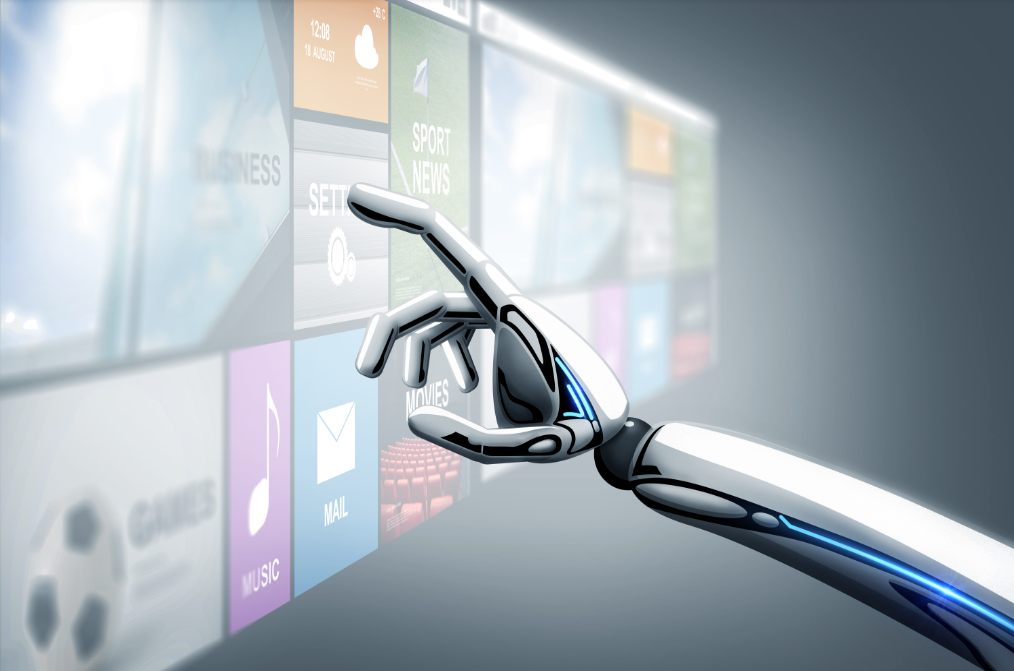

The development of GenAI will bring huge disruptive changes, and it will become the dominant force in the future. First, GenAI will change the operating methods and business models of various industries. It can provide accurate decision support through intelligent data analysis and prediction, allowing enterprises to operate and manage more efficiently. Secondly, GenAI will also drive changes in the market. It can achieve personalized recommendations and precision marketing through deep learning and machine learning technologies to better meet consumer needs. Finally, the development of GenAI will have profound impacts on the workforce and government policy. With the popularization of automation technology, some traditional jobs may be replaced and the structure of the labor force will also change. At the same time, the government needs to formulate corresponding policies to guide and regulate the development of GenAI to ensure that its impact on society and the economy is positive and sustainable. To sum up, GenAI’s disruptive impact will be seen at all levels, and it will lead the future development direction
Intelligent AI technology reduces the cost of knowledge activation to zero. Although information technology has reduced the cost of data to zero, converting data into valuable knowledge is still expensive. Intelligent AI will revolutionize the cost-based market because it can transform information into knowledge on demand and at a scale that exceeds human capabilities. No business can escape the impact of this disruptive force, not just in natural language processing, but also in areas such as code generation, materials discovery (the chemical industry alone is worth $5.7 trillion), construction and engineering planning, and more. Any field that relies on human knowledge or companies will be touched by intelligent AI. This will also have a huge impact on consumers
GenAI (artificial intelligence) closes the knowledge loop. GenAI creates a virtuous cycle of expanding knowledge, which will increase the need for more knowledge acquisition to drive the development of GenAI. Simply put, the more knowledge a company gains from GenAI, the more it will gravitate toward it, invest more money in the hope of gaining more knowledge, and this starts a cycle that will accelerate GenAI’s impact at every company. It will create new value delivery channels, new industries and huge threats for companies that don’t adapt. GPT-3 released this engine a year ago, but it is only accelerating, powering the next generation of private knowledge models - around, apart, and up, and we will continue to move forward
However, despite these two The reality is that it affects every industry, but that doesn’t mean this disruption will hit every company equally. We believe this impact will depend on how knowledge is leveraged to create business value. For example:
To expand value creation, companies need to acquire high-level expertise. Human know-how is shifting to the left, and this is an opportunity for companies. Izola is a GenAI research tool for clients. Our analysts have deep expertise gained through years of research. Clients come to us because they need to solve deeper challenges. We leverage Izola to expand knowledge and enable clients to engage with our analysts and go beyond the basics. In addition, service companies have also seen the potential of GenAI to amplify human value. They are experimenting with using GenAI to re-architecture technology stacks and use models to absorb and extract large amounts of IT service management and enterprise system data. I believe that companies with high expertise levels will see human know-how play a role in value creation pipelines, while GenAI will distribute knowledge in a more automated way
Companies with large amounts of data and repeatable processes will turn efficiency into growth. I believe this is felt by every company that relies on repeatable processes with large amounts of data. In software development, code generation with TuringBots is just the beginning. In the future, humans will oversee robots in the development of most conventional software. Another example is Google DeepMind’s GNOME, which has predicted the structures of 2.2 million new materials, 700 of which are currently being created and tested. If competitors don't take advantage of features like this to improve efficiency by an order of magnitude or more, they won't be able to keep up. Leaders will leverage these savings and repurpose human talent into new value generation
New software and services competitors will leverage knowledge acquisition and proprietary model delivery. The opportunity to build new services around the knowledge cycle is huge. GenAI models can handle imperfect data, but you'll need to tune many of them to your specific use case. Suppliers and partners are here to help. The importance of graph databases will rise, but digitizing and linking data is no easy task. For example, the business of acquiring and linking medical research information for the life sciences is virtually untapped and will require new ideas, venture capital, and technological innovation to expand what is possible. scale. New software and services competitors will leverage knowledge acquisition and proprietary model delivery. The opportunity to build new services around the knowledge cycle is huge. GenAI models can handle imperfect data, but you'll need to tune many of them to your specific use case. Suppliers and partners are here to help. The importance of graph databases will rise, but digitizing and linking data is no easy task. For example, the business of acquiring and linking medical research information for the life sciences is virtually untapped and will require new ideas, venture capital, and technological innovation to expand what is possible. scale
The above is the detailed content of GenAI is transforming the workplace, channeling the power of knowledge change. For more information, please follow other related articles on the PHP Chinese website!




